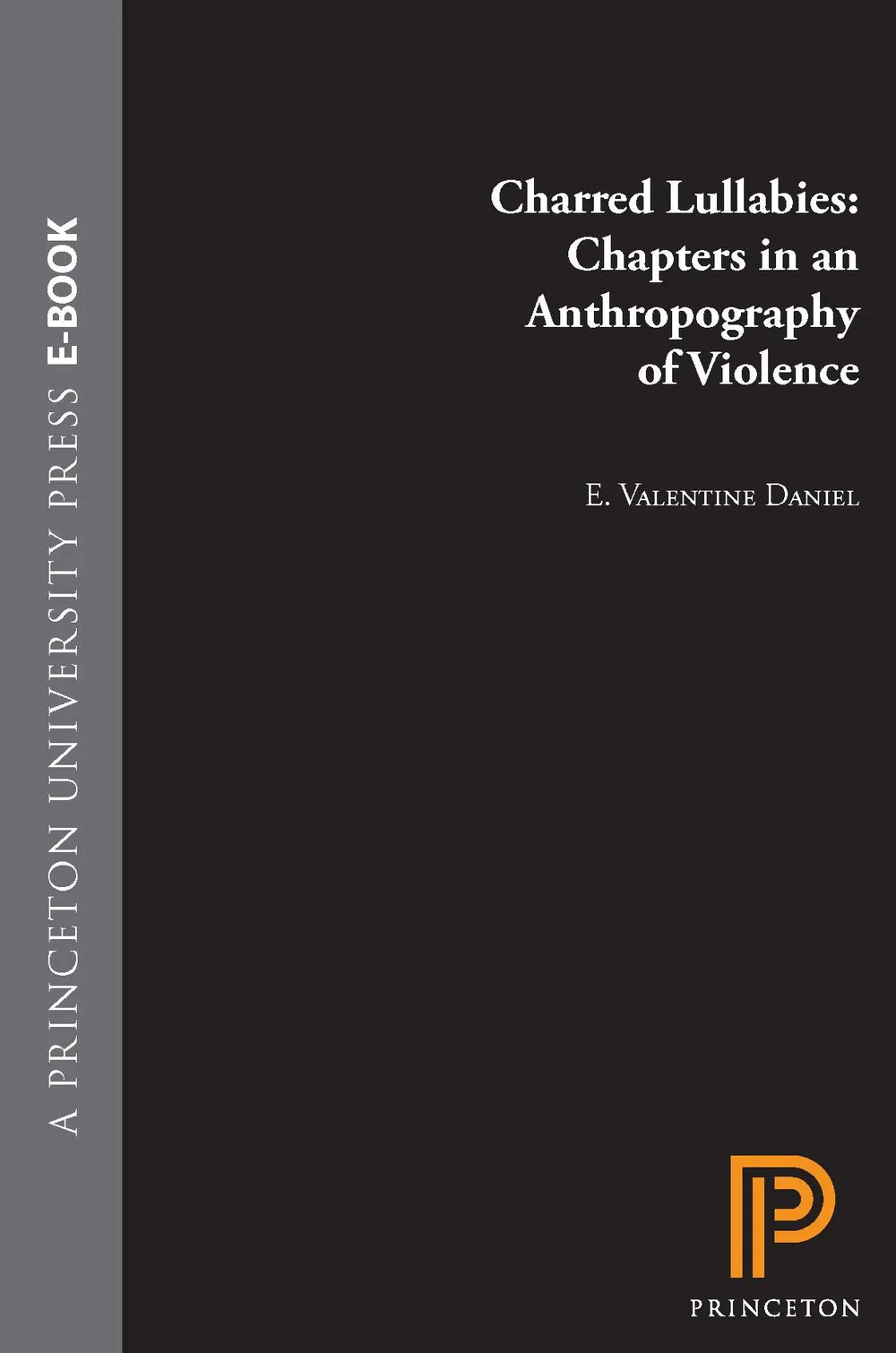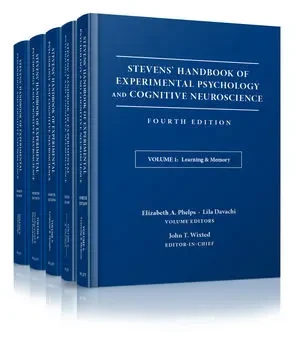
Charred Lullabies
Smartfox Books Code: PR8847
"Charred Lullabies" by Veena Das is a seminal work in the field of anthropology, offering a deep and nuanced exploration of violence, trauma, and memory within conflict-ridden societies. Through a series of ethnographic studies, Das examines how individuals and communities navigate the aftermath of political violence, focusing on the intersection of personal suffering and collective memory.
The book is set against the backdrop of South Asia, particularly India, where Das investigates the cultural and social impacts of violence, such as those experienced during communal riots, political unrest, and other forms of conflict. "Charred Lullabies" delves into the ways in which violence disrupts the social fabric and how people reconstruct their lives in its wake, often through rituals, storytelling, and other cultural practices.
Das’s writing is characterized by its sensitivity to the lived experiences of those affected by violence, offering insights into how trauma is processed and remembered across generations. The book challenges readers to think critically about the complexities of violence and its long-term effects on societies, making it a vital resource for anthropologists, sociologists, historians, and anyone interested in understanding the human dimensions of conflict.
Key Features:
-
Anthropology of Violence: "Charred Lullabies" offers an in-depth exploration of the anthropology of violence, focusing on
how violence affects individuals and communities at both personal and collective levels.
-
Trauma and Memory: The book examines the processes of trauma and memory, highlighting how people cope with and remember
violence through cultural practices and rituals.
-
Ethnographic Studies: Das’s work is based on rich ethnographic research, providing detailed case studies that illuminate
the human experiences of suffering and resilience in the face of violence.
-
South Asian Context: The book is particularly focused on the South Asian context, offering insights into the cultural and
historical specificities of violence in this region.
-
Cultural Anthropology: "Charred Lullabies" contributes to the field of cultural anthropology by examining how cultural
narratives and practices shape responses to violence.
-
Postcolonial Studies: The book engages with themes of postcolonialism, exploring the legacy of colonialism and its role in
shaping contemporary conflicts and violence.
-
Violence and Subjectivity: Das delves into the concept of subjectivity, exploring how violence influences the formation of
identities and personal narratives.
-
Collective Memory: The book investigates how collective memory of violence is constructed and maintained, and how it
influences social cohesion and division.
-
Reconciliation and Healing: "Charred Lullabies" also touches on themes of reconciliation and healing, exploring the
possibilities and limits of these processes in post-conflict societies.
-
For Scholars and Students: This book is an essential resource for scholars and students in anthropology, sociology,
history, and South Asian studies, offering deep insights into the study of violence and its effects.
"Charred Lullabies" is a profound and thought-provoking exploration of violence, trauma, and memory, offering valuable insights into the human condition in times of conflict. Veena Das’s work stands as a significant contribution to the fields of anthropology and social sciences, providing readers with a nuanced understanding of the complexities of violence and the ways in which individuals and societies seek to rebuild in its aftermath.
Description:How does an ethnographer write about violence? How can he make sense of violent acts, for himself and for his readers, without compromising its sheer excess and its meaning-defying core? How can he remain a scholarly observer when the country of his birth is engulfed by terror? These are some of the questions that engage Valentine Daniel in this exploration of life and death in contemporary Sri Lanka. In 1983 Daniel "walked into the ashes and mortal residue" of the violence that had occurred in his homeland. His planned project--the study of women's folk songs as ethnohistory--was immediately displaced by the responsibility that he felt had been given to him, by surviving family members and friends of victims, to recount beyond Sri Lanka what he had seen and heard there. Trained to do fieldwork by staying in one place and educated to look for coherence and meaning in human behavior, what does an anthropologist do when he is forced by circumstances to keep moving, searching for reasons he never finds? How does he write an ethnography (or an anthropography, to use the author's term) without transforming it into a pornography of violence?In avoiding fattening the anthropography into prurience, how does he avoid flattening it with theory?
The ways in which Daniel grapples with these questions, and their answers, instill this groundbreaking book with a rare sense of passion, purpose, and intellect.
The product may be provided by a different brand of comparable quality.
The actual product may vary slightly from the image shown.
Shop amazing plants at The Node – a top destination for plant lovers

















.jpg)
















































ulva-Logo.jpg)
